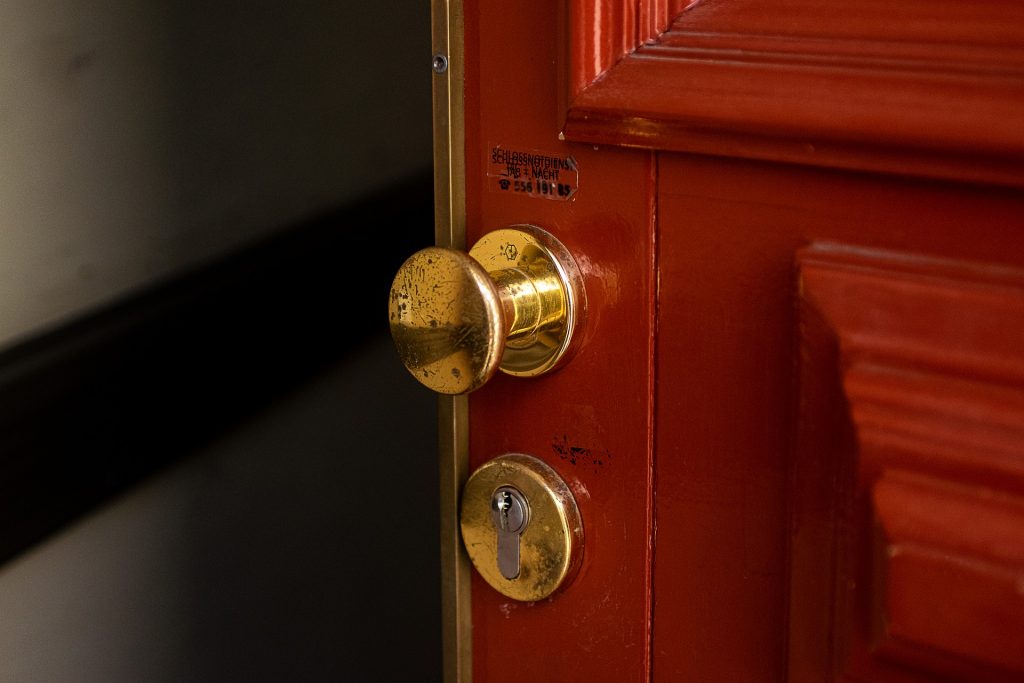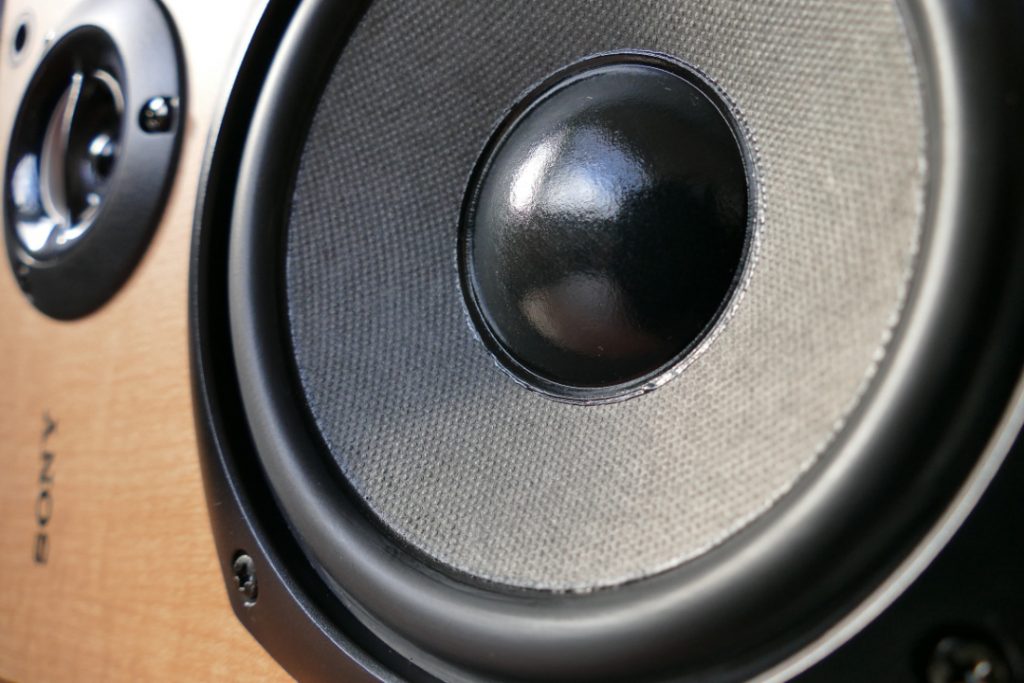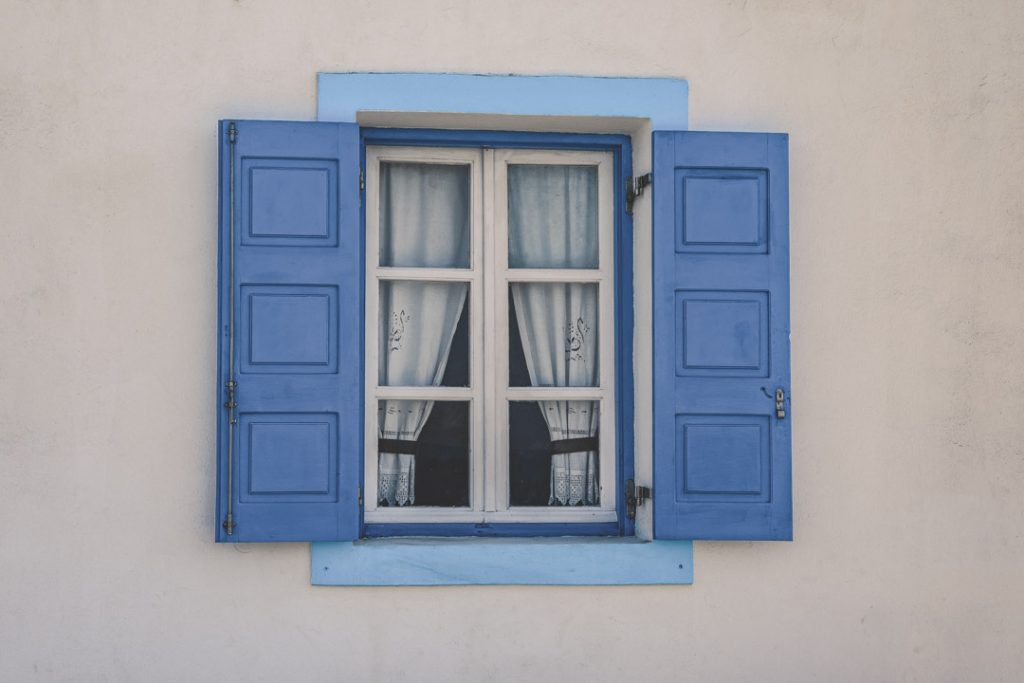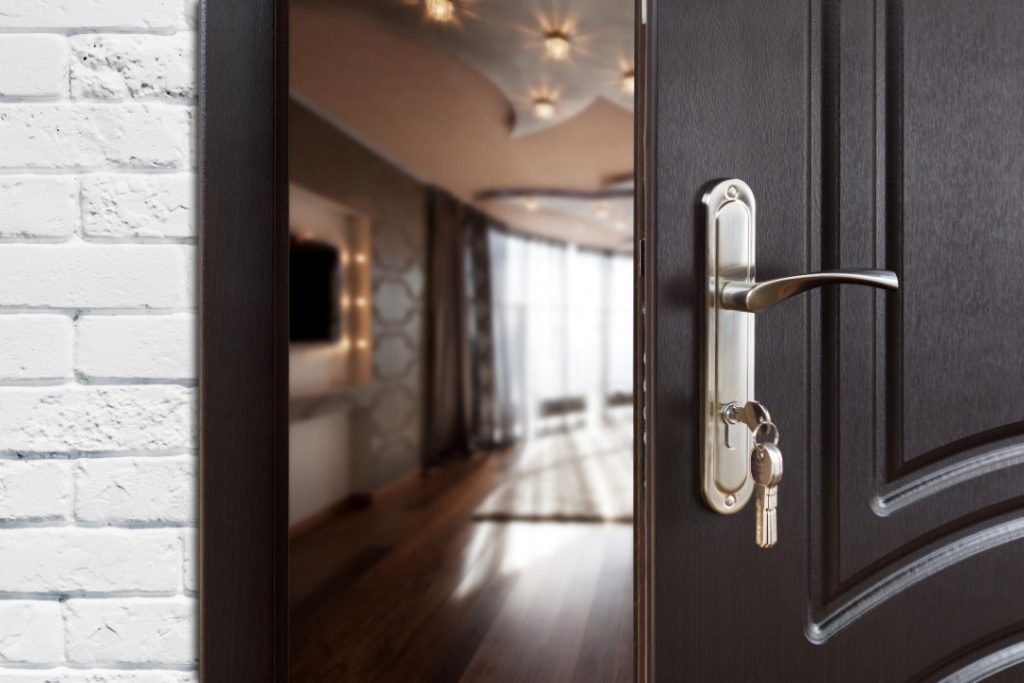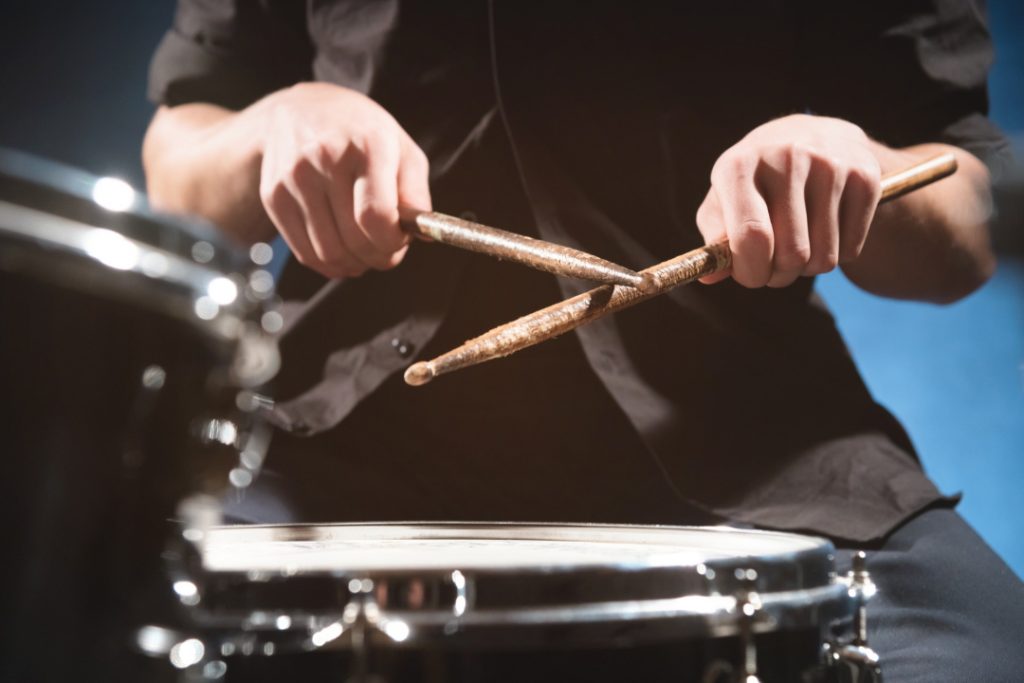Door knobs can be very noisy, especially when they have been used a lot. If you are looking for how to quiet a loud door knob, read on for five methods that might work for you
Before we delve into how to hush your door knob, it is important to understand what could be causing the noise.
Reasons Why Your Door Knob Is Loud
The Screws Are Loose
When a door knob is loose, the screws that hold it in place can vibrate against the metal plate, causing a loud rattling noise. In addition, loose screws can cause the door knob to wobble, making it difficult to turn. If you have a loud doorknob, it’s important to check the screws to see if they’re loose. Tightening them should reduce the noise and make it easier to turn the knob.
The Strike Plate Is Misaligned
Sound from a faulty door knob can be really loud, almost like fingernails on a chalkboard. The reason for this loud noise is a misaligned strike plate. This is the piece of metal that the door knob hits when it’s closed. If the strike plate is even slightly misaligned, it can cause the door knob to make a loud noise when it hits it.
ALSO READ: How To Soundproof A Basement (5 Proven Ways)
The Door Latch Is Sticking
Have you ever been woken up in the middle of the night by a loud door knob? If so, you’re not alone. Many people have experienced this frustrating phenomenon, and the cause is often simply that the door latch is sticking. When latches get sticky, they can make a loud noise when the door knob is turned. This can be especially loud if the door latch is close to the strike plate. The noise is caused by the metal-on-metal contact between the latch and strike plate. If your door knob is making a loud noise, try lubricating the door latch with WD-40 or another lubricant. This should help to reduce the noise.
The Hinges Are Loose
Everybody knows the loudest noise in the morning is not an alarm clock, but a loud door knob! Most people would think it’s because you need oil, but that’s not always the case. When door hinge pins are loose, it makes every little movement creak or pop, and nobody wants that! Not only is it annoying, but it can also be quite loud depending on how many times it happens. The moral of the story is: if your door knob is loud, check those hinges!
The Door Is Unlevel
When a door is unlevel, the force of the knob hitting the door frame is greater, which causes a loud banging noise. Additionally, unlevel doors can cause the knob to become stuck, making it difficult to open and close the door. So if you’re looking to reduce the noise level in your home, make sure to check that your doors are level!
ALSO READ: How To Fix A Squeaky Office Chair
How To Fix A Loud Door Knob
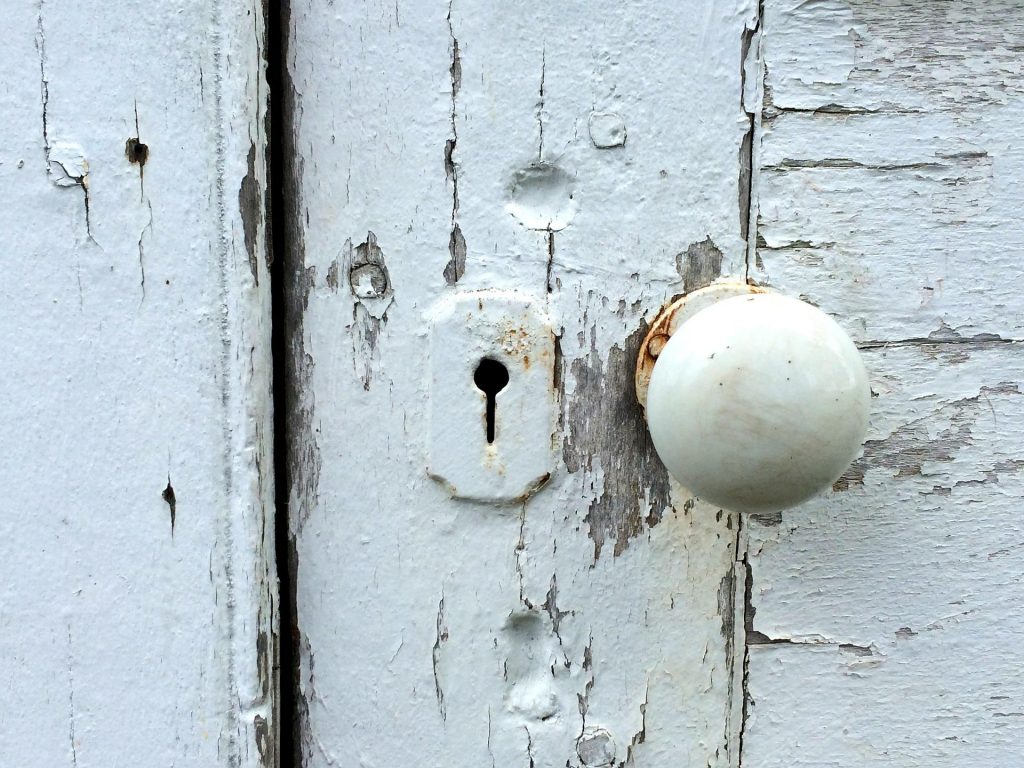
Once you have confirmed where the source of the loud sound could be coming from, the next step is to troubleshoot the situation. Here are a couple of the things you can try:
Lubricate The Components Inside The Doorknob
Most door knobs have three main components: a rose, a spindle, and a grub screw. The rose is the decorative plate that covers the hole in the door, the spindle is the rod that turns when you twist the knob, and the grub screw is used to hold everything in place. Over time, these components can start to rub together, causing friction and that annoying squeak. By lubricating them with a little oil or WD-40, you can reduce the friction and make your door knob operate more quietly.
Invest In A Door Silencer Or Make One Yourself!
A door silencer is a small, rubber disk that fits over the door knob and helps to muffle the sound of the door closing. Not only does this make for a more peaceful household, but it can also help to protect your door knob from damage. Over time, the constant slamming when you close the door can cause the metal to weaken and eventually break. By using a door silencer, you can help to prolong the life of your door knob and avoid costly repairs. In addition, door silencers are relatively inexpensive and easy to install, making them an excellent investment for any home.
ALSO READ: How To Stop Shoes From Squeaking On Linoleum (5 Ways)
Do This If The Latch Hole Isn’t Big Enough
A small latch hole is a common problem, and it can be frustrating when you’re trying to open a door quietly. Fortunately, there are a few things you can do to fix the problem. First, try using a small screwdriver to enlarge the hole. If that doesn’t work, you can always try lubricating the door knob with WD-40. Just make sure you don’t get any of the lubricants on the floor, or you may end up with a slippery situation on your hands!
Fix The Squeaky Metal Plate
Here’s how to fix a squeaky metal plate in just a few simple steps.
First, you’ll need to remove the door knob. Most door knobs are held on by two screws, so unscrew those and set the knob aside. Next, locate the metal plate making the squeaky noise. It should be right where the door knob was attached.
Now, it’s time to fix that squeaky doorknob! Place a small drop of oil on the squeaky metal plate and rub it in with your finger. Be sure to cover the entire surface of the plate. Once you’re done, reattach the door knob and screw it back into place.
And that’s it! Say farewell to a noisy door!
Replace The Doorknob With A Magnetic Mechanism
If you’ve ever had a loud door knob, you know how frustrating it can be. Thankfully, there’s an easy fix – magnetic mechanisms! With just a few simple steps, you can replace your old door knob with a magnetic mechanism that will make your life much quieter. Here’s what you need to do:
- Remove the old door knob by unscrewing the screws that hold it in place. Be careful not to strip the screws.
- Take off the cover plate and remove the latch bolt by unscrewing it from the inside of the door.
- Install the new magnetic mechanism on the inside of the door, making sure that the screw holes line up.
- Put on the new cover plate and screw it into place.
- That’s it! You’ve successfully replaced your old door knob with a magnetic mechanism. Enjoy your newfound peace and quiet door!
ALSO READ: How To Soundproof A Bathroom? (5 Easy Ways)

